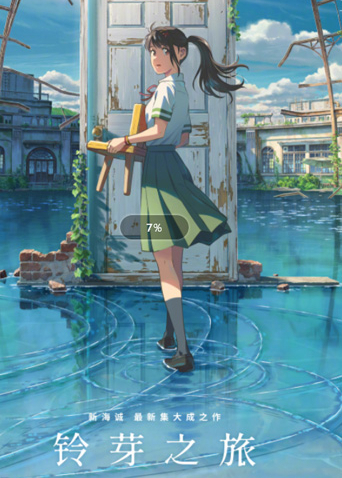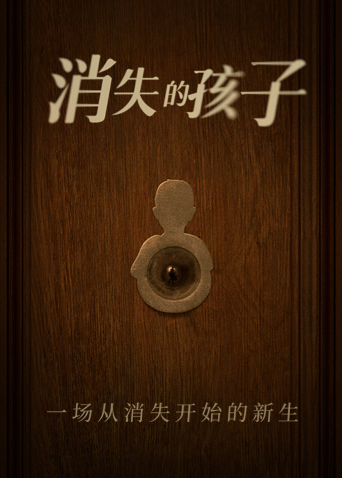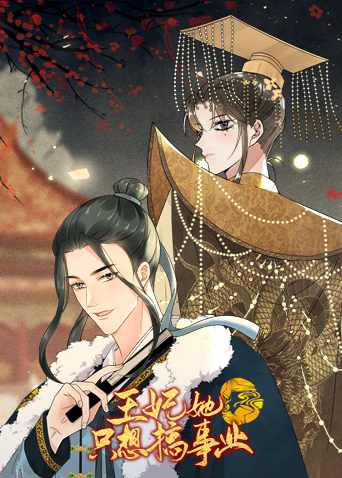Ivy和Jean是儿时好友,亚洲一天在夜店重遇,亚洲Jean邀请Ivy回家作客,Ivy自此认识了Jean的父亲,而Ivy亦在成熟稳重的Jean父身上找到和以往男友不同的感觉,两人很快就堕入爱河。可是两人的生活方式、朋友圈子截然不同,热情过後两人开始对对方不满,在多次争吵後,Ivy终于离Jean父而去……
Ivy和Jean是儿时好友,亚洲一天在夜店重遇,亚洲Jean邀请Ivy回家作客,Ivy自此认识了Jean的父亲,而Ivy亦在成熟稳重的Jean父身上找到和以往男友不同的感觉,两人很快就堕入爱河。可是两人的生活方式、朋友圈子截然不同,热情过後两人开始对对方不满,在多次争吵後,Ivy终于离Jean父而去……



回复 :2011年3月11日,日本遭遇史上最大地震的襲擊,引發福島海嘯災難。亞歷珊卓拉剛從法國來到東京,正準備在當地法商銀行工作,卻突然遭逢這場核災危機。在工作與家庭間拉扯,逐漸浮現的恐懼與焦慮就要吞噬亞歷珊卓拉。離開或者留下,丈夫兒女與仰賴她的員工,亞歷珊卓拉該如何抉擇?
回复 :转自:http://www.filmlinc.com/nyff/2010/views-from-the-avant-garde-friday-october-1/views-from-the-avant-garde-jean-marie-straub“The end of paradise on earth.”—Jean-Marie StraubThe 33rd verse and last chant of “paradise” in Dante’s Divine Comedy. The film starts with verse 67, “O somma luce…” and continues to the end. “O Somma luce” recalls the first words uttered by Empedocles in Danièle Huillet and Jean-Marie Straub’s 1987 The Death of Empedocles—“O himmlisch Licht!…” (O heavenly light!). This extract from Hölderlin’s text is also inserted into their 1989 film Cézanne.“O somma luce” invokes utopia, or better still “u-topos,” Dante, Holderlin, Cézanne… the camera movement, recalling Sisyphus, in the film’s long shots, suggests its difficulty.In O somma luce, with Giorgio Passerone’s Dante and the verse that concluded the Divine Comedy, we find at the extremity of its possibilities, the almost happy speech of a man who has just left earthly paradise, who tries to fully realize the potential of his nature. Between the two we find the story of the world. The first Jean-Marie Straub film shot in HD.So singular are the textual working methods of Straub-Huillet, and now Straub on his own, that it is hard to grasp how far reaching they are. Direction is a matter of words and speech, not emotions and action. Nothing happens at the edges, everything is at the core and shines from there alone.During the rehearsals we sense a slow process by which ingredients (a text, actors, an intuition) progress towards cohesiveness. It is, forgive the comparison, like the kneading of dough. It is the assembling and working of something until it becomes something else… and, in this case, starts to shine. Actually it’s very simple, it’s just a question of opening up to the light material that has been sealed up. Here, the process of kneading is to bring to life and then reveal. The material that is worked on is speech. So it is speech that becomes visible—nothing else. “Logos” comes to the cinema.The mise en scène of what words exactly?The process of revealing, “phainestai”; “phainomenon,” the phenomenon, is what take splace, what becomes visible to the eye.Is “Straubie” Greece?This mise en scène of speech, which goes beyond a close reading of the chosen text, is truly comes from a distant source.—Barbara Ulrich
回复 :夏老师是一个热爱钢琴和音乐的年轻人,一方面他来到学校给学生教音乐,另一方面他在一次偶然的机会认识了一位朋友,在他自己的生活中钢琴一直是自己不可缺少的一部分,经历了一些事情后,他也慢慢开始懂得音乐才是自己最喜欢的事物,于是他开始自己追求音乐的脚步,他可以成功吗?

